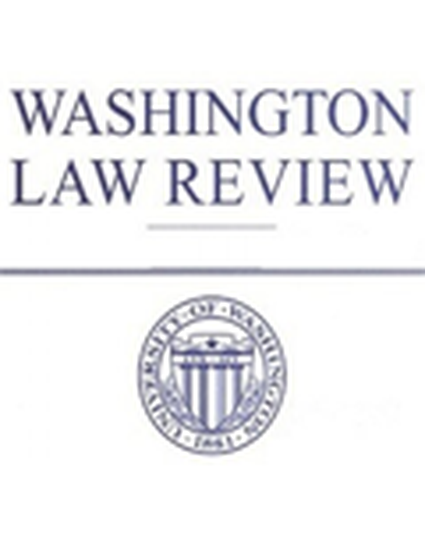
Standard-form contracts permeate our very existence, and now even include contracts we assent to online by way of “clickwrap” and “browsewrap” methods. Notwithstanding the ever-increasing presence and complexity of such standard-form contracts, both offline and online, the law of contracts in this area has remained fairly static since the 18th century and before. The only meaningful salve to this problem thus far has been the unconscionability doctrine, but that doctrine tends to be reserved for the harshest and severest terms. Therefore, a new tool is needed for courts to protect consumers’ interests in this area. Section 211(3) of the Restatement provides such a tool. Section 211(3) provides: “[w]here the [merchant] has reason to believe that the [consumer] would not [assent] if he knew that the writing contained a particular term, the term is not part of the agreement.” This rule has thus far been largely rejected and marginalized by the courts and the commentators because of the traditional duty to read, but in fact the rule is quite sensible. It is squarely grounded in the objective theory of contracts, which provides that a party’s manifestations of assent are taken to mean what a reasonable party would think they mean. Not only is the rule grounded in objective theory, but it also advances contract law by taking into account recent research into the cognitive limitations of human decisionmaking. Businesses should not be allowed to unfairly exploit consumers’ limitations by inserting grossly unfair terms into their contracts. Though the unconscionability doctrine is an important fail-safe, section 211(3) is an important innovation which is needed to help resolve the standard-form contract dissonance which otherwise exists between the fictional duty to read on the one hand, and the reality of cognitive limitations and the objective theory of contracts on the other hand.
Available at: http://works.bepress.com/wayne_barnes1/13/
